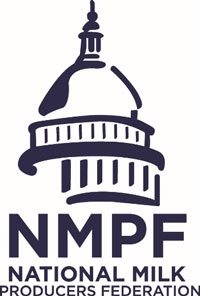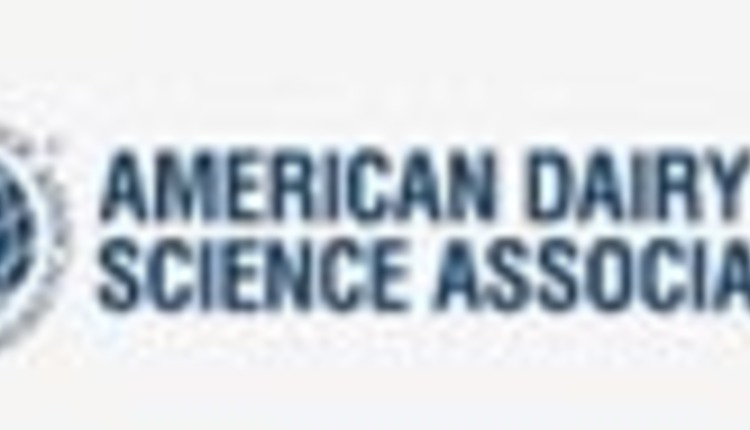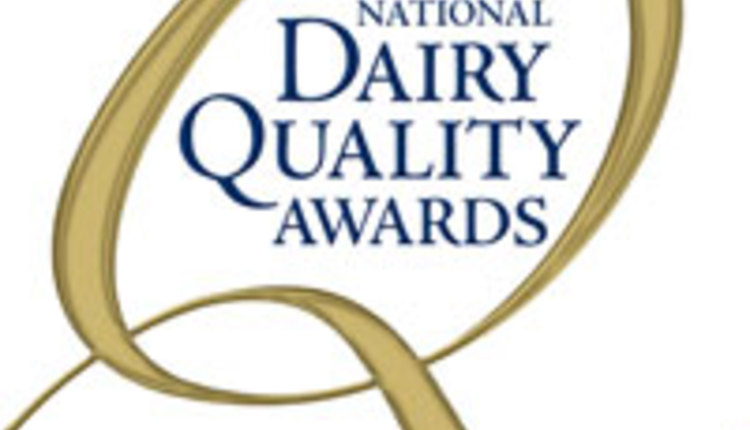
Perhaps Big Dairy means dairy farms themselves. Consolidation has been a fact of life for all of agriculture for generations, and family farms indeed are getting bigger. Even so, according to the latest USDA Census of Agriculture, nearly three-quarters of U.S. dairy farms have fewer than 100 cows on them. Of course, most production comes from the largest farms, but even the biggest ones – the 189 U.S. dairies with more than 5,000 cows as of 2017 – are too numerous and geographically dispersed to create a monolithic giant. And more than 95 percent of all dairy farms, regardless of size, are family-run farms. That’s far from faceless.

But maybe it’s not about raw size. Maybe Big Dairy is a myth invented by those who want to make family dairy farmers seem “big” to advance some contrasting image of their competitors – who want to be seen as plucky, usually plant-based, upstarts taking on Big Dairy with highly touted “innovation.”
Let’s explore this. Take, for example, Perfect Day, allegedly just a humble innovator with nothing to offer but a thousand $20-a-pint tubs of imitation ice cream … and startup funding from Temasek – a venture-capital arm of the government of Singapore -- and Archer-Daniels-Midland, an agri-business behemoth with $64 billion in annual sales that ranks #49 on the Fortune 500. Other plant- and cell-based alternatives are financed by Jeff Bezos (worth roughly $115 billion, the world’s richest man at the end of 2019) and Bill Gates (net worth over $100 billion) – not exactly little guys, to say the least. In fact, if you added up the gross receipts of all 40,000 dairy farmers in the United States last year (an estimated $39.9 billion), you’d only be worth about two-fifths as much as Jeff Bezos. So-called “Big Dairy” will never compete with that.

But dairy isn’t Goliath either, and wannabe Davids shouldn’t get a pass peddling false narratives. Dairy is family farmers, cooperatives and companies, of all sizes and types, who believe deeply in the health and nutrition of their products and stand up for it against its opponents -- who usually aren’t anywhere near the underdogs they pretend to be. Creating nutritious products, day in and day out, is a big task. But it’s a challenge met collectively by a diverse set of people from farm to fork, who work together to feed the U.S. and the world.
Dairy issues matter. They warrant a robust discussion. Putting the term “Big Dairy” to rest would make it a more honest one.
The National Milk Producers Federation, based in Arlington, VA, develops and carries out policies that advance dairy producers and the cooperatives they own. NMPF’s member cooperatives produce more than two-thirds of U.S. milk, making NMPF dairy’s voice on Capitol Hill and with government agencies. For more, visit www.nmpf.org.

